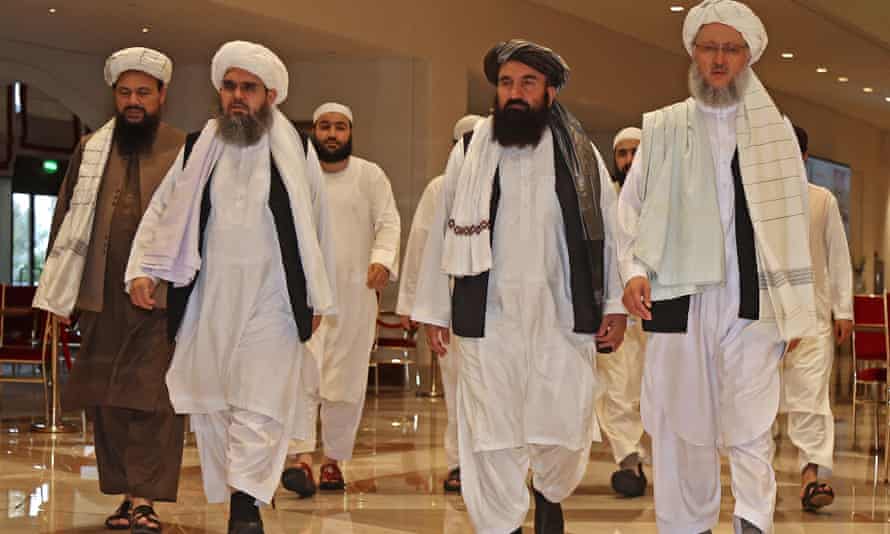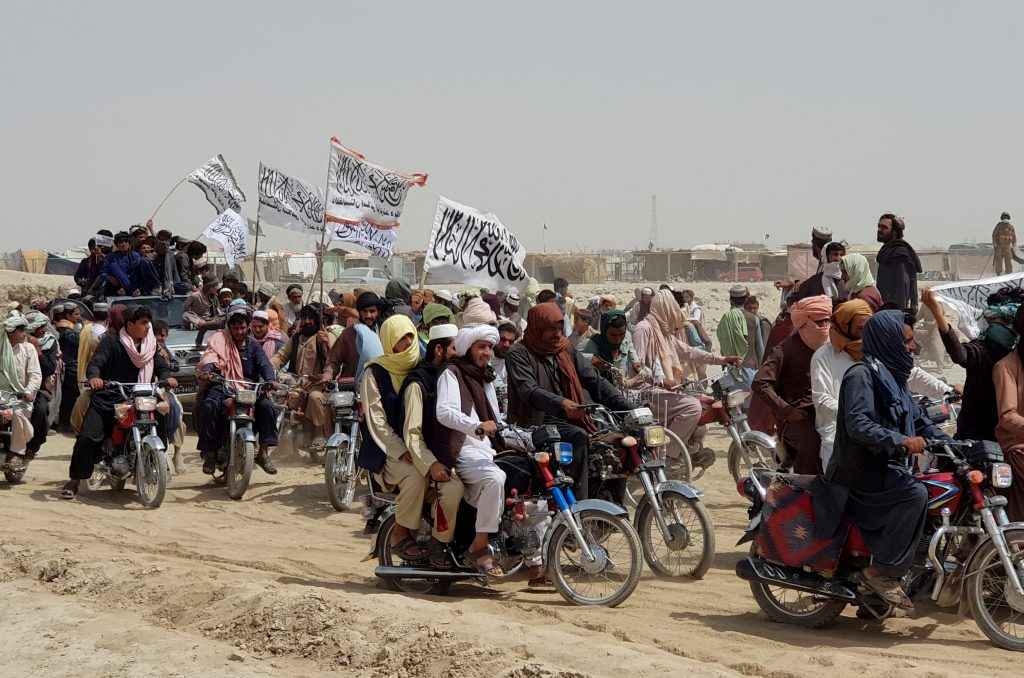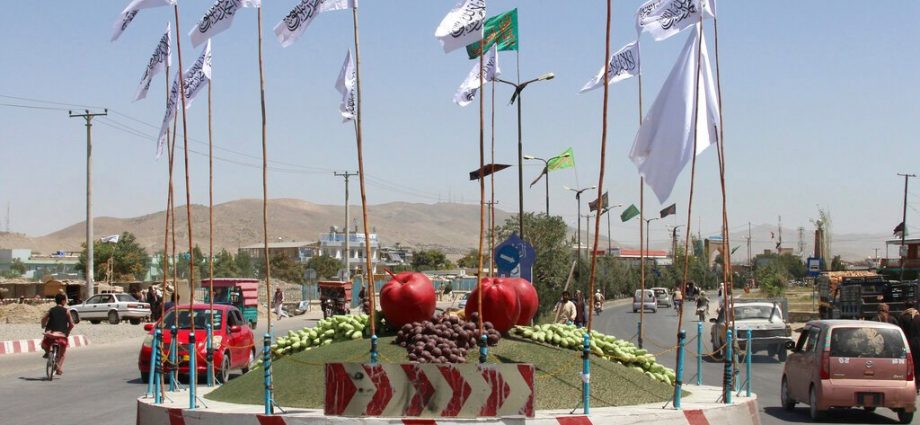Ending fear, uncertainty, biggest governance challenge for IEA in Afghanistan, say speakers at IPS roundtable conference
ISLAMABAD ( Web News )
In the wake of complete United States withdrawal, brain drain from Afghanistan is posing a serious threat to a return to normalcy as skilled and educated people, facing an uncertain future, are leaving their country in desperation. This warrants some immediate action by the Taliban’s Islamic Emirate of Afghanistan to ensure predictability in governance so that the prevailing chaos engulfing the lives of millions of common Afghans can come to an end.
This sentiment resonated at a round table conference titled ‘Afghanistan: Post-US Withdrawal – Present and Future Challenges’ which was organized by Institute of Policy Studies, Islamabad (IPS).
The round table was attended by academics, intellectuals, journalists, students, members of Pak-Afghan Youth Forum (PAYF), and Afghan delegates comprising politicians, former Afghan government officials and journalists.

The Afghan delegates included Maulvi Ataa-ur-Rehman Saleem, deputy chairman of National Peace Council, Ahmadullah Alizai, former governor of Kabul, Husani Mubarak Azizi, minister of transport, and Jamaluddin Badr, former governor of Nuristan province.
Khalid Rahman, IPS chairman, Ambassador (retd) Syed Abrar Hussain, IPS vice chairman, Brigadier Said Nazir, strategic affairs expert, Juma Khan Sufi, author and Afghan affairs expert, Mahmood Jaan Babar, journalist, Dr. Tughral Yamin, dean Center of International Peace and Stability, NUST, Dr. Mohammad Iqbal Khalil, chairman Institute of Regional Studies, Peshawar, Dr. Haroon Khatibi, director, Centre for Strategic and Regional Studies (CSRS), and Salman Javed, DG PAYF participated in the roundtable deliberations.
The speakers were of the view that the Taliban are a reality and acceptance of this can help in chalking out a pragmatic future line of action guaranteeing prosperity of Afghanistan. To achieve this, all Afghan factions representing different political and ethnic shades need to sit together and engage with each other for the formation of an inclusive government.

It was also felt at the session that the vacuum of a government structure in the existing scenario has given birth to political instability and uncertainty, resulting in fears and apprehensions among Afghans who want peace and stability so that business activities can resume and skilled people can find job opportunities.
Stressing the need for looking at the current situation in Afghanistan through the prism of humanitarian crisis, the delegation urged Pakistan and other regional countries to come forward to help Afghans who are in dire need of food and economic assistance.
They also requested neighboring countries, especially Pakistan, to open their borders to accommodate stranded Afghan refugees in their hour of need.
Strong cultural, religious, ethnic, academic and historic ties between Pakistan and Afghanistan were also discussed at the round table. The discussants maintained that 90% of Afghan religious clerics received their education in Pakistani madrasas and many senior government officials completed their higher education during their stay in Pakistan as refugees.
The speakers lamented the prevailing uncertainty which is also taking its toll on Afghan students who are unsure about their academic future post US withdrawal. They urged academia in Pakistan to step up efforts to facilitate Afghan students access better education. This will also improve bilateral people-to-people contacts between both the nations.
Concluding the session, Khalid Rahman opined that the Taliban should be given some time to form a government and demonstrate their governance and normalize the situation in Afghanistan.
He cautioned against enemies of both Afghanistan and Pakistan who continue portraying a sorry picture of the state of affairs in Afghanistan and sabotage Pak-Afghan bilateral relations for their vested interests by spreading hate and misinformation.

